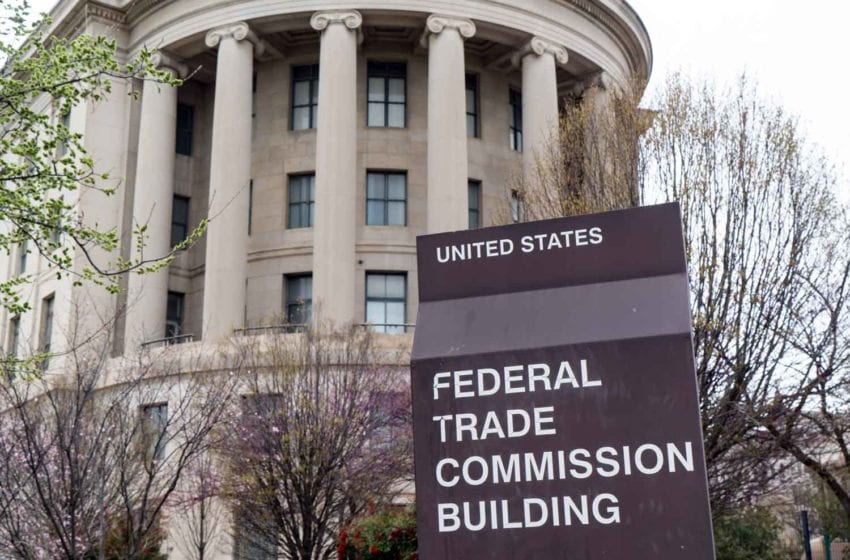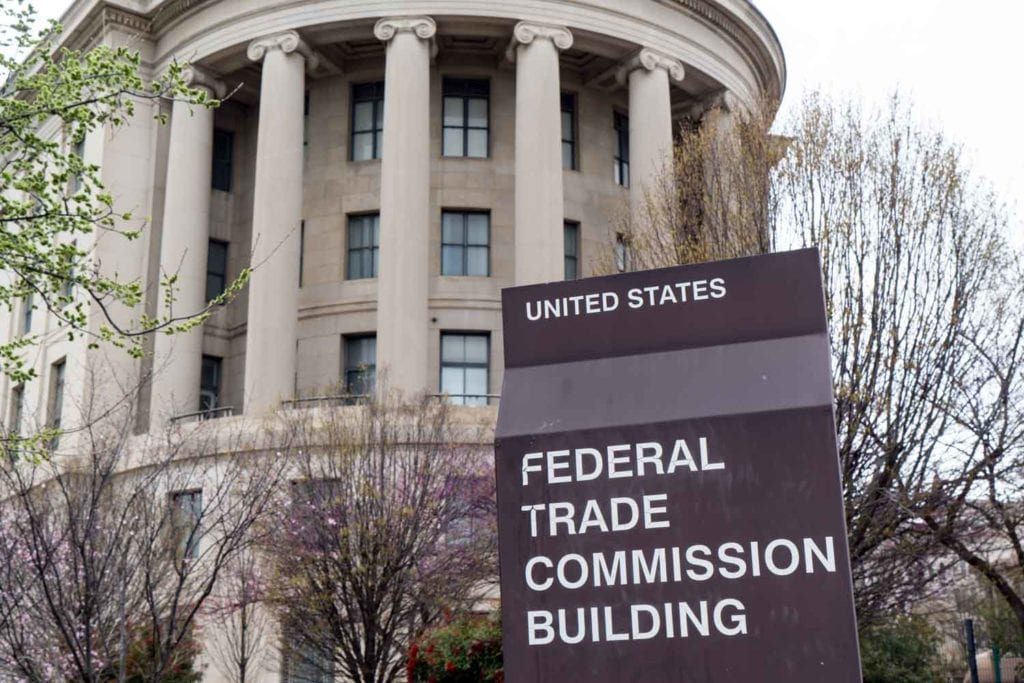FTC Reports Surge in Flavored Disposables
- Featured Flavors News This Week
- September 1, 2022
- 0
- 2 minutes read


Sales of flavored disposable e-cigarettes and menthol e-cigarette cartridges surged dramatically in 2020, according to the U.S. Federal Trade Commission’s (FTC) second report on e-cigarette sales and advertising nationwide.
This increase coincides with a federal ban on the flavored cartridges popular with young vapers, suggesting that youth e-cigarette use shifted to substitute products rather than declined.
The FTC has been reporting on tobacco sales annually since 1967 and smokeless tobacco sales since 1987. Last year, the agency expanded its studies of industry and published its first-ever report on e-cigarettes.
This year’s e-cigarette report covers sales and advertising data from 2019 and 2020, a period in which the Food and Drug Administration published an enforcement policy banning the sale of flavored e-cigarette cartridges other than menthol.
Overall, the report found that total e-cigarette sales, which had increased from $304.2 million in 2015 to $2.05 billion in 2018, grew to $2.7 billion in 2019 but then declined to $2.24 billion in 2020.
The sale of disposable e-cigarettes—which are exempt from the FDA’s 2020 policy—increased substantially, with “other” flavored disposable products making up 77.6 percent of all disposables sold in December 2020. The FTC’s data did not show an increase in disposable sales. The FTC report notes that the 2020 decline may not represent the market given major industry shifts.
Similarly, the report found that the sale of the remaining non-FDA-banned flavored cartridge, menthol, increased significantly, to 63.5 percent of all cartridges sold in 2020.
The report also noted record-high e-cigarette discounting and a doubling of nearly free e-cigarette samples.
“This report shows that youth are still at risk from flavored or deeply discounted e-cigarettes,” said Samuel Levine, director of the FTC’s Bureau of Consumer Protection, in a statement.
“Marketers of e-cigarettes have proven skillful at evading FDA regulation and hooking youth on addictive products,”
